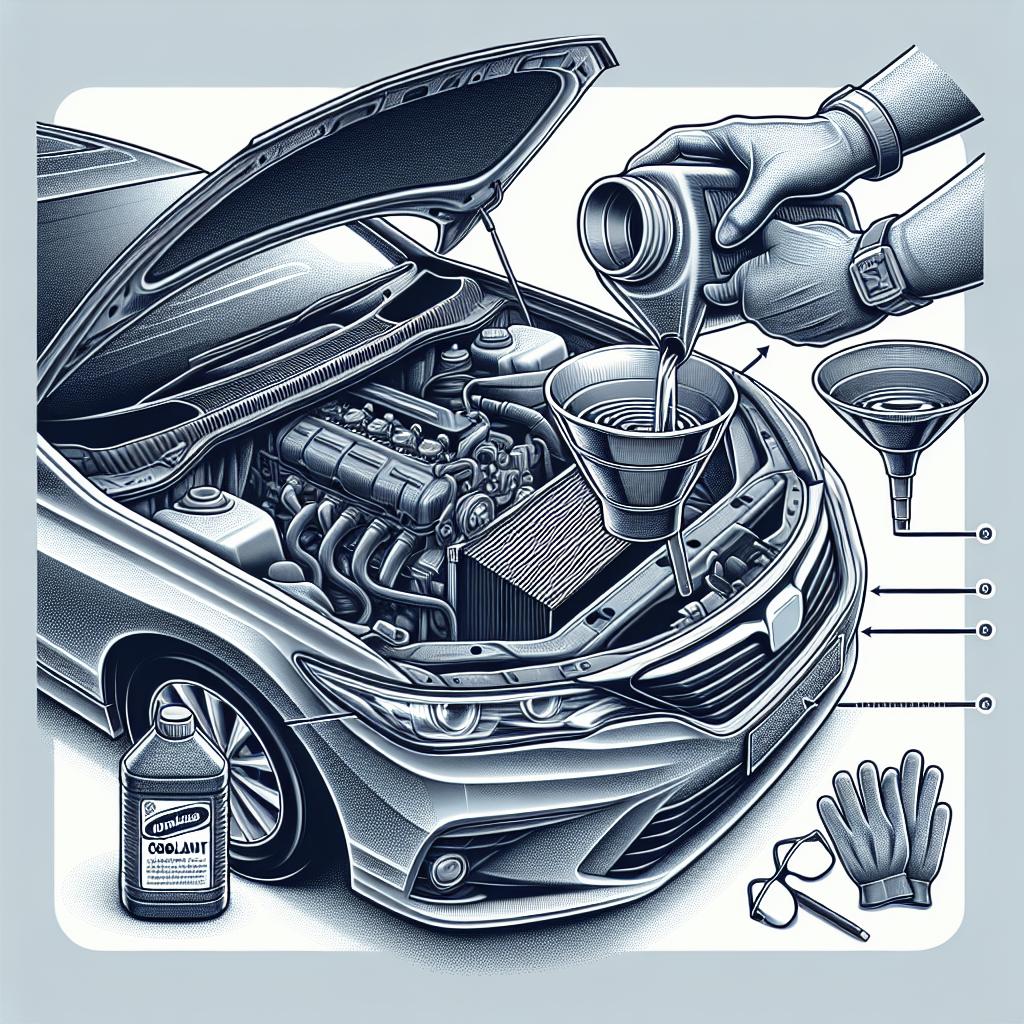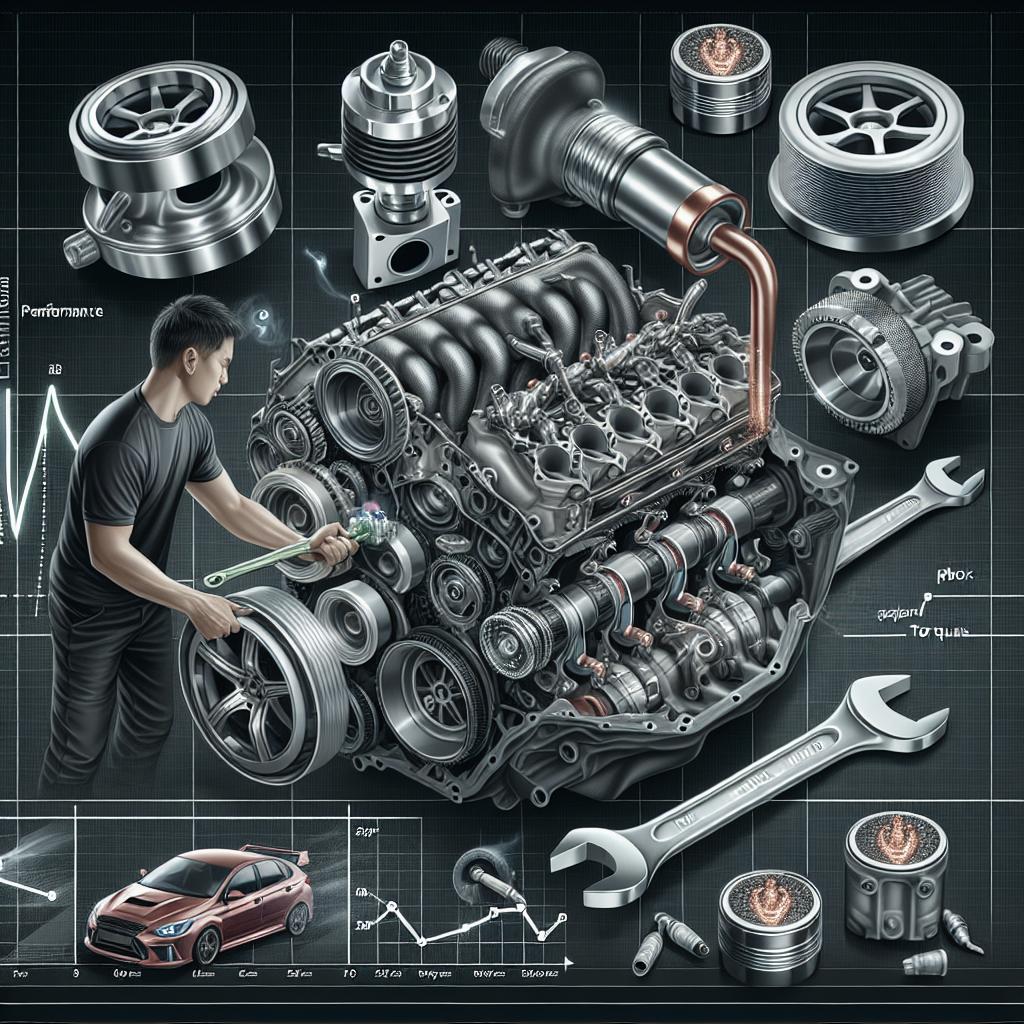“`html
The Benefits of Using High-Octane Fuel
When it comes to choosing the right fuel for your vehicle, the octane rating can make a significant difference in performance, efficiency, and even the longevity of your car. High-octane fuel, also known as premium gas, is often advertised as the better choice for certain vehicles, offering a range of benefits that can result in a smoother and more maintained engine. This article delves into the specifics of what premium gas includes, how it compares with regular gas, and whether it’s the right choice for your vehicle. Additionally, we’ll explore common queries like the impact of using premium gas on mileage and engine health, and provide related resources that can further assist you in making an informed decision.
What is premium gas?
Premium gas, often referred to as high-octane fuel, typically has an octane rating of 91 or higher. This higher octane rating means premium gas can withstand greater compression before detonating. As a result, it’s ideally suited for high-performance engines designed to take advantage of higher octane levels to prevent knocking—a premature fuel ignition that can damage an engine over time.
Furthermore, premium gas can lead to improved engine efficiency and health. It generally contains detergent additives that help keep your engine clean, minimizing carbon deposits and build-up. These additives can lead to improved performance and longevity, especially in engines specifically designed to operate on high-octane fuel.
What is regular gas?
Regular gas, on the other hand, typically has an octane rating of 87. It’s the most common type of fuel available and is suitable for the majority of vehicles that do not require high performance or have high compression engines. Regular gas is sufficient for routine driving and is less expensive than premium fuel, making it a budget-friendly option for standard vehicles.
Regular gas is appropriate for many vehicles because they are constructed with engines that don’t need the advanced performance offered by premium fuel. It’s a practical choice for everyday commuting and is generally reliable enough to meet the demands of most drivers without compromising on safety and efficiency.
Does higher octane gas last longer?
The lifespan of your gas primarily depends on your vehicle’s usage and driving conditions rather than the octane level. However, vehicles that are optimized for premium fuel tend to perform more efficiently with it, potentially leading to a slight increase in fuel efficiency in comparison to regular gas under specific conditions.
It should be noted that the perception that premium gas lasts longer is often linked to the cleaner burning and efficient performance, which may be felt through reduced wear and tear on the engine over time, rather than an extended duration of the fuel itself.
Does premium gas give better gas mileage?
For vehicles engineered to run on premium gas, drivers may notice slight improvements in gas mileage. This is due to the higher energy content and better burn efficiency of premium fuels. In these cases, the use of premium gas can lead to heightened performance and fuel efficiency, contributing indirectly to better mileage.
That said, if a car does not explicitly require high-octane fuel, using premium gas might not produce a significant change in gas mileage. Thus, it is important to consult the vehicle owner’s manual to determine whether premium gas is recommended for your specific car model for optimal performance.
Should I use regular or premium gas?
Deciding between regular and premium gas can significantly depend on the type of vehicle you own and its technical requirements. While the allure of using premium gas for its advertised benefits can be tempting, it is not necessarily beneficial for every vehicle.
To make an informed decision, it’s crucial to check your vehicle’s owner manual. Additionally, consider your driving habits and environmental conditions, which can affect fuel choice impact on your car’s performance and longevity.
What cars require premium gas?
Certain vehicles, especially those with high-performance engines such as sports and luxury cars, are designed to run on premium gas. These engines typically operate with higher compression ratios, which benefit from the knock-resistant properties of high-octane fuel.
Luxury brands and models, such as BMW, Audi, and some performance versions of Honda, Toyota, and Nissan, generally call for the use of premium gas to ensure the engine runs optimally and efficiently. It’s vital for the car owner to adhere to the manufacturer’s guidance to prevent potential knocking issues and maintain warranty validity.
What happens if you use premium gas instead of regular?
If a car is designed to operate primarily on regular gas, using premium gas will unlikely harm it. However, using premium gas unnecessarily can be costlier without yielding significant benefits in performance or efficiency.
Conversely, using premium fuel in place of regular gas in scenarios where premium is not required will not harm the vehicle. Still, the additional cost incurred may not equate to a discernible improvement in driving experience or vehicle handling, benefiting only slightly in the aspect of engine cleanliness from premium fuel additives over the long term.
Related articles
- Understanding Engine Knocking: Causes and Solutions
- Fuel Efficiency Myths: What Really Improves Your MPG?
- Car Maintenance Tips for Better Fuel Economy
Related categories
Next Steps: Choosing the Right Fuel for Your Vehicle
| Fuel Type | Octane Rating | Suitable For | Potential Benefits | Usage Consideration |
|---|---|---|---|---|
| Premium Gas | 91+ | High-performance engines, luxury cars | Improved efficiency, engine cleanliness | Consult owner’s manual |
| Regular Gas | 87 | Standard vehicles | Budget-friendly, meets minimum requirements | Sufficient for everyday use without performance demand |
“`


